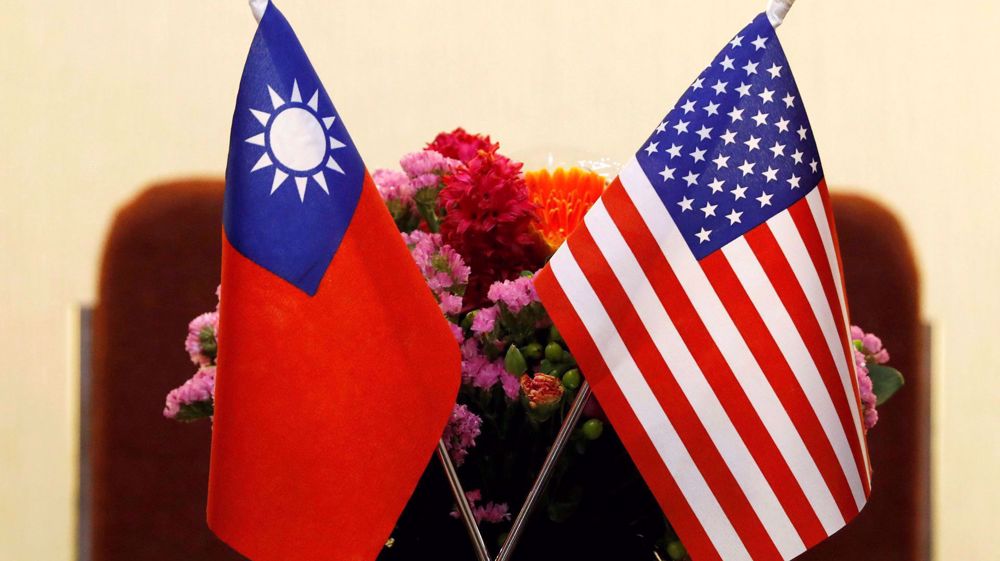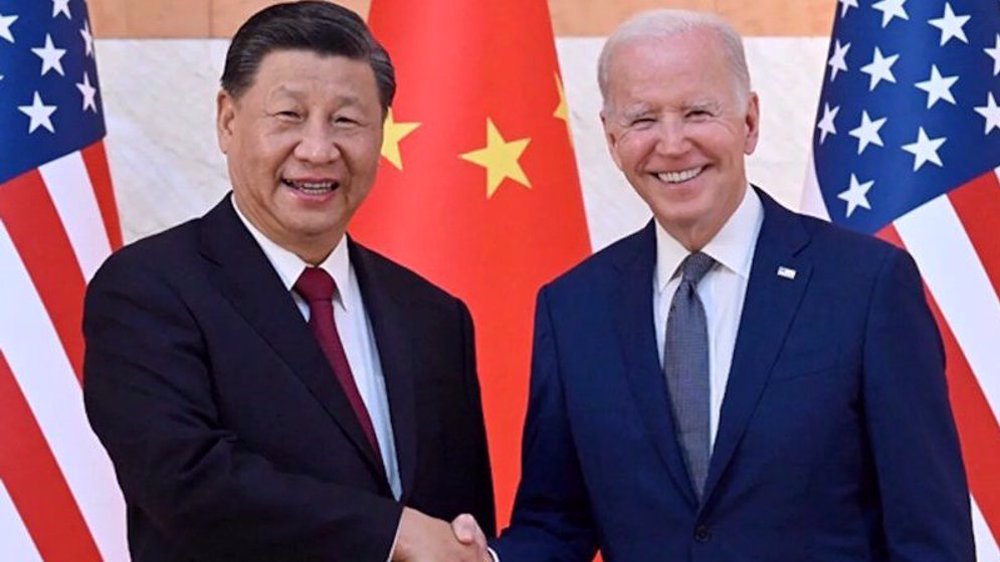US proposes bill to boost Chinese Taipei military with up to $10 billion in funding
The military of the United States has proposed a bill that envisages up to $10 billion in funding to strengthen the military and security capabilities of Chinese Taipei, in open defiance of China, which has sovereignty over the self-ruled Island.
The US Congress is expected on Wednesday to start voting on the massive military policy bill by the Pentagon, which aims to boost security cooperation with Taiwan by authorizing up to $10 billion in security assistance and fast-tracked weapons procurement for the island.
The Taiwan Enhanced Resilience Act (TERA), which is part of the National Defense Authorization Act (NDAA) for the coming fiscal year, states that it aims to “strengthen the United States-Taiwan defense relationship” and “prevent the People’s Republic of China from decapitating, seizing control of, or otherwise neutralizing or rendering ineffective Taiwan’s civilian and defense leadership.”
The legislation, which is expected to pass the Senate and House of Representatives in December, would directly finance US weapons sales to the island for the first time, and would also establish Washington’s first Taiwan-specific defense modernization program.
China has sovereignty over Chinese Taipei, and under the “one China” policy, almost all world countries recognize that sovereignty, meaning they would not establish direct diplomatic contact with the self-proclaimed government in Taipei.
Chinese Taipei’s secessionist president Tsai Ing-wen has independence aspirations and views the island as a sovereign state, rejecting the “one China” principle. The US, though professing adherence to the principle, has long courted Taipei and sells weapons to the self-governed island in an attempted affront to Beijing.
If the US secretary of state certifies that Chinese Taipei has increased its defense spending, appropriations will be authorized under TERA for military grant assistance to the island of up to $2 billion per year from 2023 through 2027.
Taiwan’s foreign ministry expressed its gratitude for the “continued strong support for Taiwan’s security,” adding that it looked forward to the bill being passed.
The US State Department on Tuesday permitted the potential sale of $428 million in plane parts for Chinese Taipei to aid its air force, which is well-equipped but ageing.
On November 14, Chinese President Xi Jinping told his US counterpart, Joe Biden, that the issue of Taiwan was China’s “first red line” in bilateral relations.
Relations between China and the US have been cold in recent years over a host of issues, including technology, security, Chinese Taipei, and human rights. Most recently, the US has bristled at China’s reaction to the war in Ukraine, which Washington says is not strong enough. Beijing has called for an end to the fighting multiple times.

US warplanes strike Yemeni capital in new acts of aggression

Yemen: US fails in its aggression since day one; Trump ‘accountable’ for fatalities

Yemen strikes vital Israeli targets deep inside occupied land, US warships
VIDEO | Exclusive: Yemeni eyewitnesses say US warplanes targeted civilians in their homes
VIDEO | Press TV's news headlines
‘Guardians of Revolution’: IRGC warns enemies it is at ‘peak of all-out readiness’
Microsoft collaboration in Gaza genocide
VIDEO | Senior Hamas-allied leader killed in Israeli drone strike south of Beirut
Syria arrests Islamic Jihad officials after US ties sanctions relief to ban on Palestinian groups
Gaza children dying not only from bombs, but hunger: Health Ministry
Israeli strikes kill nearly 10 Gazans, including two children, in new aggression








 This makes it easy to access the Press TV website
This makes it easy to access the Press TV website